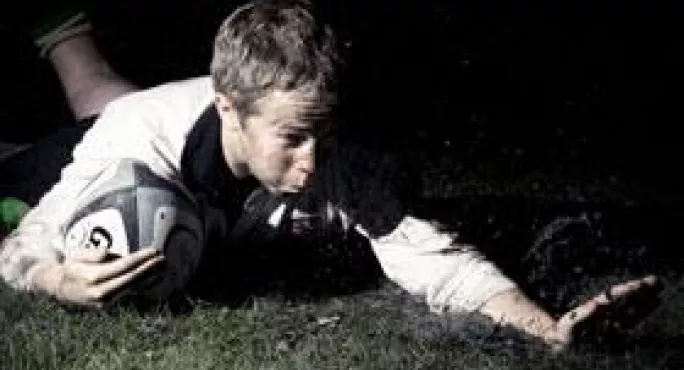Weather permitting

A pioneering report into children’s physical activity has found that the demise of street footballers and the rise of the young couch potato may have been exaggerated.
The Stirling University study, commissioned by Stirling Council, suggests that official measures of youngsters’ physical activity tend to be too focused on organised sessions but that most children play outdoors informally several times a week.
It also finds many barriers preventing children from taking part in sport - but the Scottish weather is more off-putting than lack of equipment or inaccessible facilities.
The study is highly significant, since it is believed to be based on the first longitudinal research into sport and physical activity in Scotland. It tracked 140 children over three years, from P6-S1.
Concerted physical activity among children - sessions of at least one hour - was high outside school in informal settings in their own communities. More than 60 per cent were active four or more times a week after school and before their evening meal, and 51 per cent after their evening meal. Some 59 per cent were physically active on both weekend days. They would have played outdoors even more, but for vandalism and intimidating gatherings of older teenagers.
Their gardens, the street, local patches of open grounds and parks were the main sites, and activity consisted of football, walking, cycling and playing on swings. “It is not structured around rules and regulations,” researchers said in submitting their findings to the Scottish Parliament’s health and sport committee.
“Sometimes, we organise young people too much,” Bob McGowan, Stirling Council children’s services manager, told The TESS. He believes more attention should be paid to developing positive attitudes to physical activity, rather than corralling everyone into organised sport.
The most common objection to taking part in physical activity was bad weather, cited by a third of pupils. A quarter said they could not get the right equipment and a similar proportion found it difficult to get to sporting venues.
The researchers stressed that cultural and social barriers - at a community and family level - could be as significant as financial restrictions. Mr McGowan said it was not enough to present children with impressive new facilities. Attitudes and values also had to be worked on, although the researchers said this could not be done quickly or through financial intervention.
Adults’ attitudes also have to change, according to Stirling University director of sport development Peter Bilsborough. PE initial teacher training in the primary sector was “a bit of a joke”, with some establishments offering only 10 hours over four years. Nor did he believe there was enough continuing professional development.
PE specialists were “non-existent” in some primary schools, Mr Bilsborough said, while some authorities allowed headteachers to decide which specialists to bring in, potentially leading to a choice between a teacher of PE, music or sewing.
Mr McGowan said a “fundamental change” was required if the national target of two hours of good-quality PE a week were to be achieved, since academic attainment (in secondaries) and maths and language (in primaries) were considered far more important.
The report has a positive message about Stirling Council’s attempts in recent years to establish an “integrated approach at cluster level”, in which different staff members - including PE teachers, Active Schools co- ordinators, sports development officers and volunteers - work closely together and have a shared philosophy. This approach had persuaded young people to progress to sports clubs outside school.
The report will be published later this month. Some of the detail has already emerged as evidence to the Scottish Parliament’s Pathways into Sport inquiry, which is investigating the barriers to participation in sport.
Keep reading for just £1 per month
You've reached your limit of free articles this month. Subscribe for £1 per month for three months and get:
- Unlimited access to all Tes magazine content
- Exclusive subscriber-only stories
- Award-winning email newsletters



